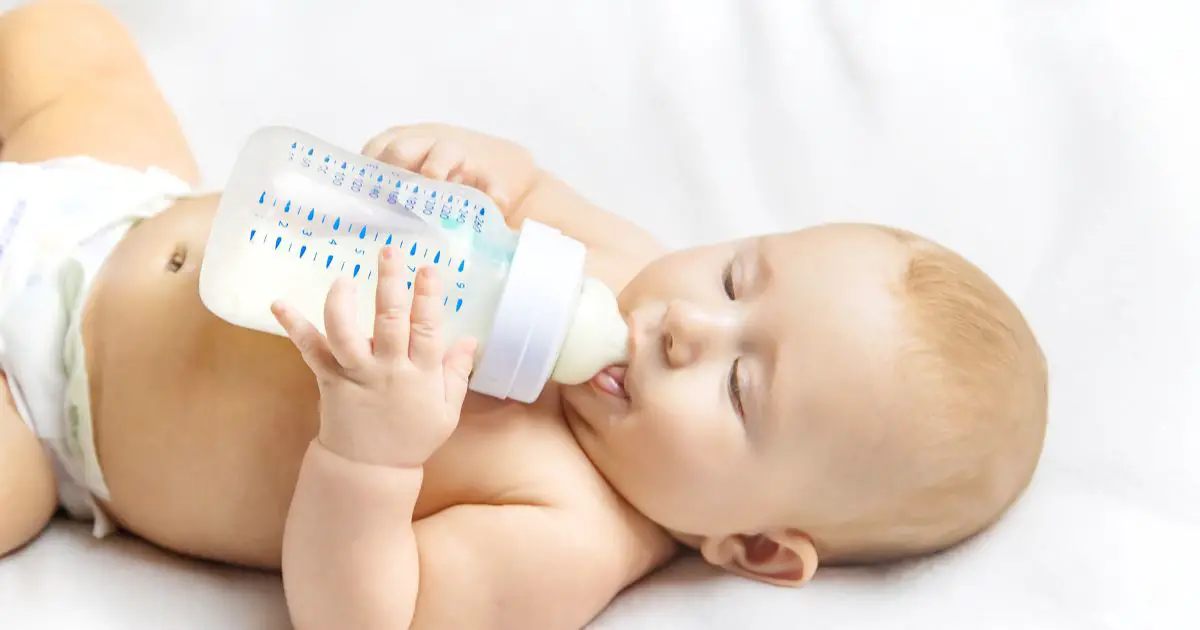Water is essential for life, and as a parent, ensuring your baby has access to clean, safe drinking water is a top priority. With so many water filtration systems available, many parents wonder can babies drink reverse osmosis water or whether reverse osmosis (RO) water is suitable for their baby.
In this article, we will explore the benefits and risks of reverse osmosis water for babies, backed by scientific facts. We will also discuss how RO water compares to other drinking water options and what experts recommend for infant hydration.
What is Reverse Osmosis Water?
Reverse osmosis (RO) is a water purification process that removes contaminants, minerals, and impurities by forcing water through a semi-permeable membrane. This process eliminates harmful substances like:
- Heavy metals (lead, arsenic, mercury)
- Bacteria and viruses
- Fluoride and chlorine
- Nitrates and sulfates
- Other dissolved solids
As a result, RO water is highly purified and free from most pollutants found in regular tap water. However, it also removes beneficial minerals such as calcium, magnesium, and potassium.
Is Reverse Osmosis Water Safe for Babies?
When it comes to hydration, babies have unique needs. Their bodies are still developing, and they are more sensitive to changes in water composition than adults.
Here’s what experts say about feeding reverse osmosis water to babies:
1. Lack of Essential Minerals
One of the biggest concerns with RO water is that it lacks essential minerals like calcium and magnesium, which are crucial for a baby’s growth and development. While formula-fed babies get minerals from their formula, using RO water for mixing formula may further reduce mineral intake.
Potential risks of mineral-deficient water for babies:
- Slower bone development
- Risk of electrolyte imbalance
- Poor weight gain and growth
2. Risk of Water Intoxication
Newborns and infants under six months should not drink plain water, including RO water, as their kidneys are still developing. Giving babies too much water can lead to water intoxication, causing:
- Diluted sodium levels in the blood (hyponatremia)
- Seizures
- Brain swelling
The American Academy of Pediatrics (AAP) advises against giving plain water to babies under six months. Instead, breast milk or formula should be the only source of hydration.
3. Safe for Mixing Baby Formula?
If you are using RO water to prepare baby formula, you should ensure the water meets safety standards. According to the Centers for Disease Control and Prevention (CDC) and World Health Organization (WHO):
- RO water can be used for mixing infant formula if remineralized with essential nutrients.
- If the RO system has a UV filter, it ensures bacteria and viruses are removed.
- Boiling RO water is still recommended to eliminate any potential contaminants.
How Does RO Water Compare to Other Water Sources?
1. Tap Water
Tap water quality varies by location. In some areas, it contains high levels of contaminants like lead, chlorine, and fluoride, which can be harmful to babies. However, tap water often contains essential minerals, which are beneficial for growth.
Safety Tip: If using tap water for baby formula, check local water reports and boil the water to kill bacteria and viruses.
2. Bottled Water
Bottled water is often marketed as “baby-safe,” but not all types are ideal. Some bottled water brands add fluoride, which can lead to fluorosis (white spots on teeth) if consumed in excess by infants.
Safety Tip: Use bottled water labeled “low fluoride” or “nursery water” and avoid mineral-heavy brands.
3. Distilled Water
Like RO water, distilled water is free from minerals. While it is safe for baby formula, using it exclusively for a long time may lead to mineral deficiencies.
Safety Tip: If using distilled water for formula, ensure your baby gets enough minerals from their diet.
4. Well Water
Well water is not recommended for babies unless tested for contaminants. It often contains high nitrate levels, which can cause blue baby syndrome, a condition where oxygen levels drop in the blood.
Safety Tip: If using well water, have it tested regularly and consider an RO system to remove harmful contaminants.
How to Make RO Water Safer for Babies?
If you choose to use reverse osmosis water for your baby, here are ways to make it safer:
1. Use a Remineralization Filter
Some RO systems include a remineralization stage that adds essential minerals back into the water. If your system lacks this feature, consider adding a mineral supplement approved for infants.
2. Mix with Mineral-Rich Water
You can mix RO water with bottled spring water or filtered tap water to ensure your baby gets necessary minerals.
3. Consult a Pediatrician
If you’re unsure whether RO water is suitable for your baby, consult your pediatrician. They can guide you based on your baby’s dietary needs and overall health.
Final Verdicts: Should Babies Drink Reverse Osmosis Water?
Reverse osmosis water is safe for babies when used correctly, but it lacks essential minerals needed for growth. If you use RO water for baby formula, consider remineralization or supplementing with mineral-rich foods.
For newborns and infants under six months, breast milk or formula remains the best source of hydration. Always consult a pediatrician before making changes to your baby’s water source to ensure their health and development are not compromised.
By understanding the pros and cons of RO water, you can make an informed decision to keep your baby hydrated and healthy.
